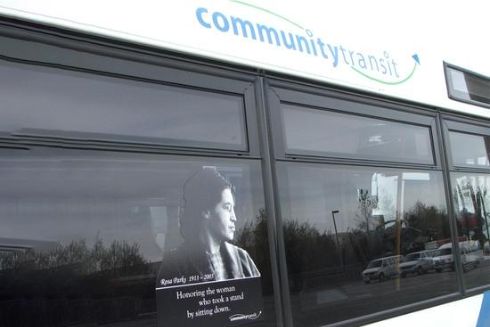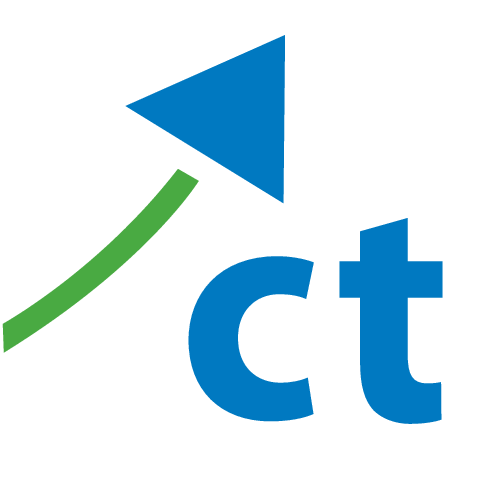Getting around Seattle with Community Transit

Community Transit is here to get you where you want to go. We are proud to be a part of the Seattle community — we live here, ride here, and drive here. Wherever you need to go in Seattle, feel good about how you get there.
About Seattle
Seattle is the largest city in both the state of Washington and the Pacific Northwest region of North America. It is home to many regional destinations. The Seattle metropolitan area's population is 4.02 million, making it the 15th-largest in the United States.
King County Metro provides frequent bus service within the city and surrounding county, as well as the South Lake Union Streetcar line and the First Hill Streetcar line. Sound Transit provides an express bus service within the metropolitan area, two Sounder commuter rail lines between the suburbs and downtown, and its 1 Line light rail line between the University of Washington and Angle Lake. Further Link light rail extensions are planned to reach Lynnwood to the north, Federal Way to the south, and Bellevue and Redmond to the east by 2024.
Washington State Ferries, which manages the largest network of ferries in the United States and third largest in the world, connects Seattle to Bainbridge and Vashon Islands in Puget Sound and to Bremerton and Southworth on the Kitsap Peninsula. King Street Station in Pioneer Square serves Amtrak intercity trains and Sounder commuter trains, and is located adjacent to the International District/Chinatown light rail station. ( Source: Wikipedia)
Community Transit provides several commuter bus routes to Seattle from its service area as well as DART paratransit service and Vanpool to riders venturing to Seattle from our service area.


